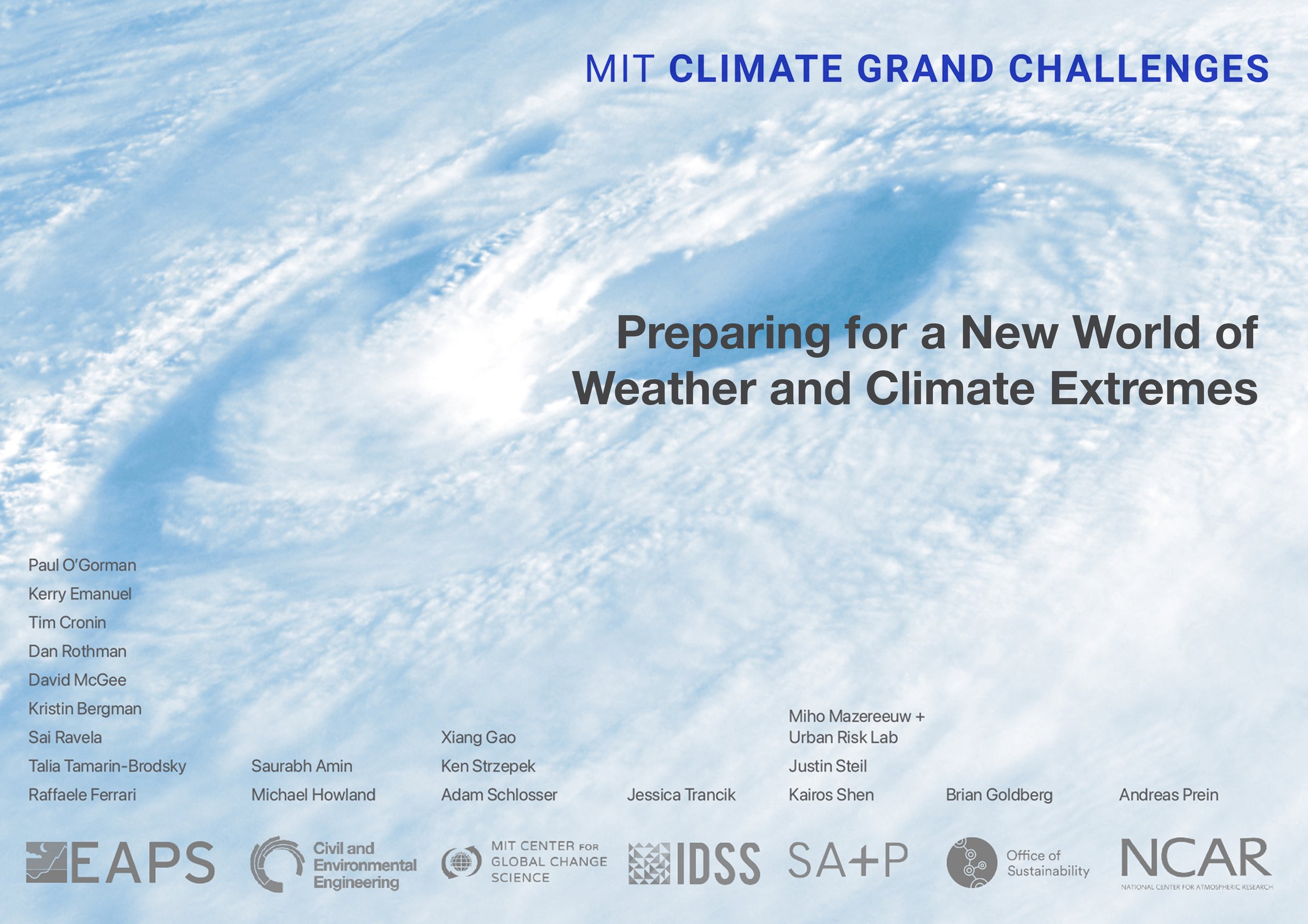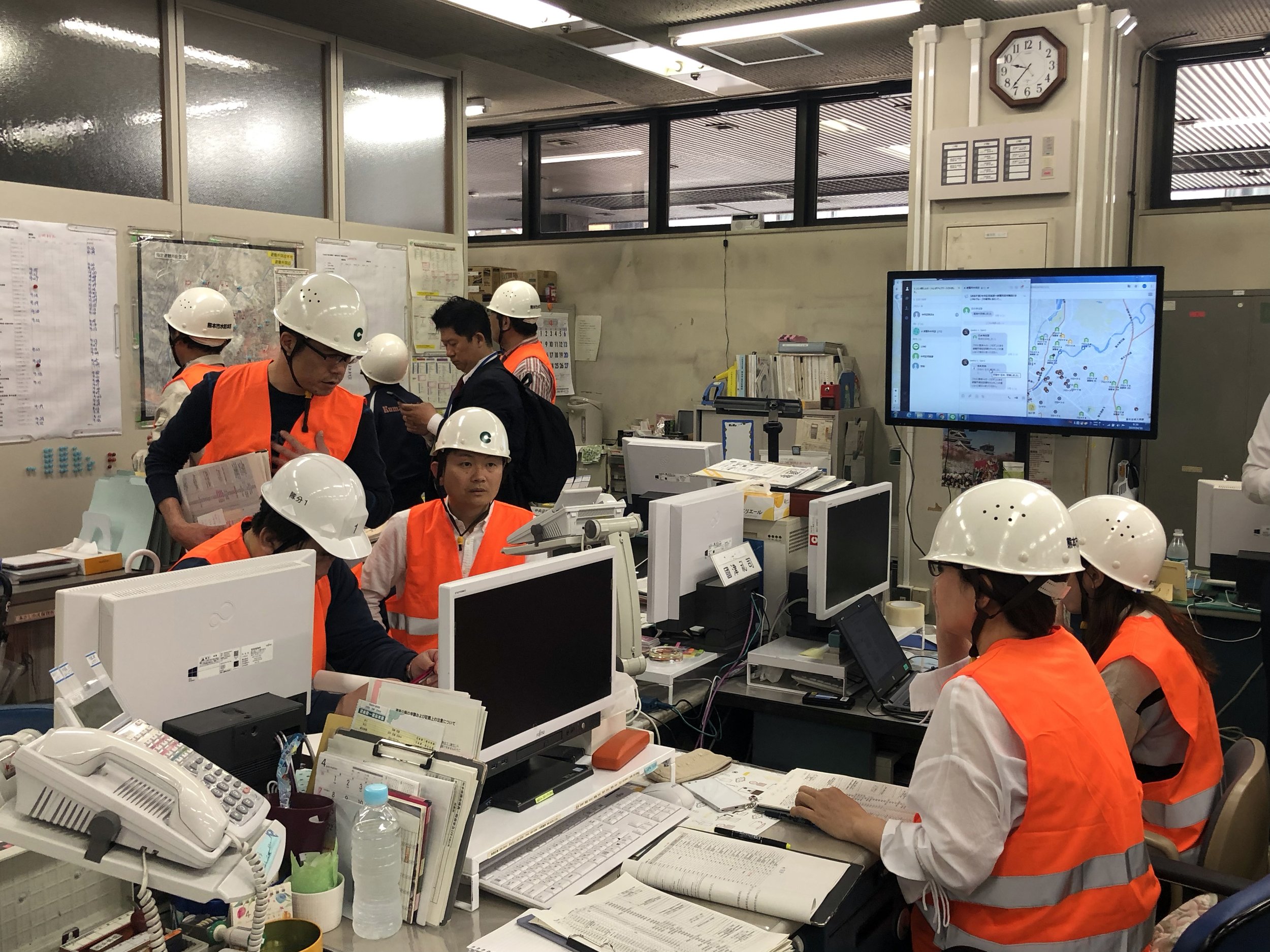June 1, 2022
The MIT Climate and Sustainability Consortium (MCSC) is a cross-institute effort to accelerate research and implementation of large-scale, cross-sector, real-world solutions addressing global climate and sustainability (C&S) challenges. In its first-ever 2022 MCSC Seed Awards program, MCSC selected 20 projects from all five of MIT’s schools.
In collaboration with Prof. Nicholas de Monchaux, this project aims to develop new ways to assimilate bottom-up knowledge in otherwise top-down climate preparedness and response efforts. Through collaborative, community-level data collection, coordination, and planning this toolkit will help foster a culture of consensual, inclusive policy-making around difficult choices such as relocation in the face of exacerbating climate-change impacts.





